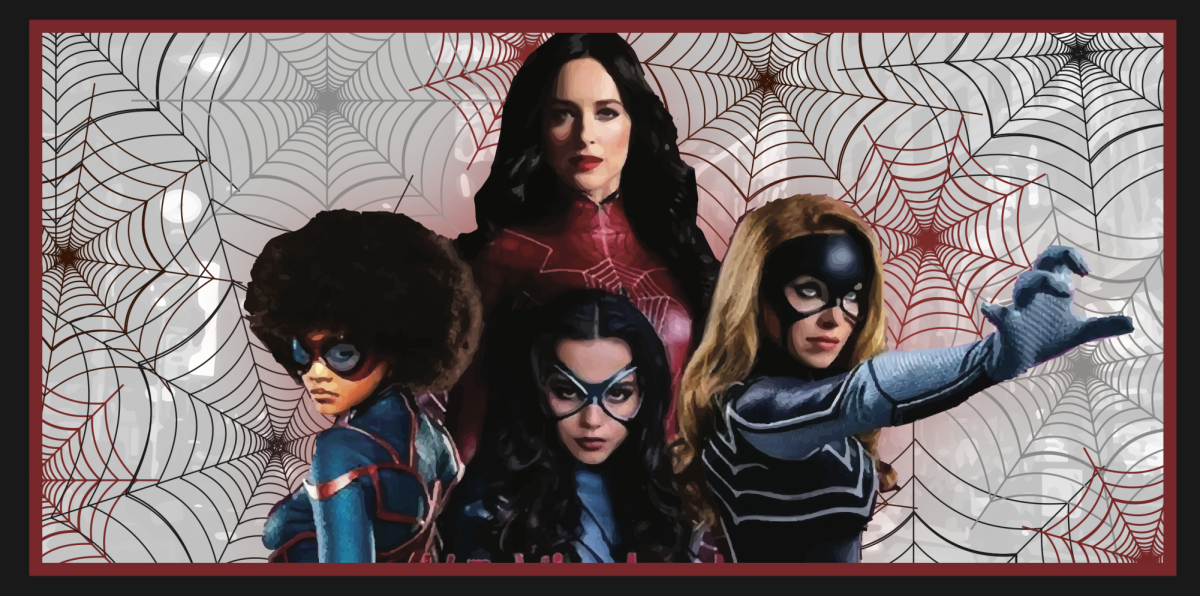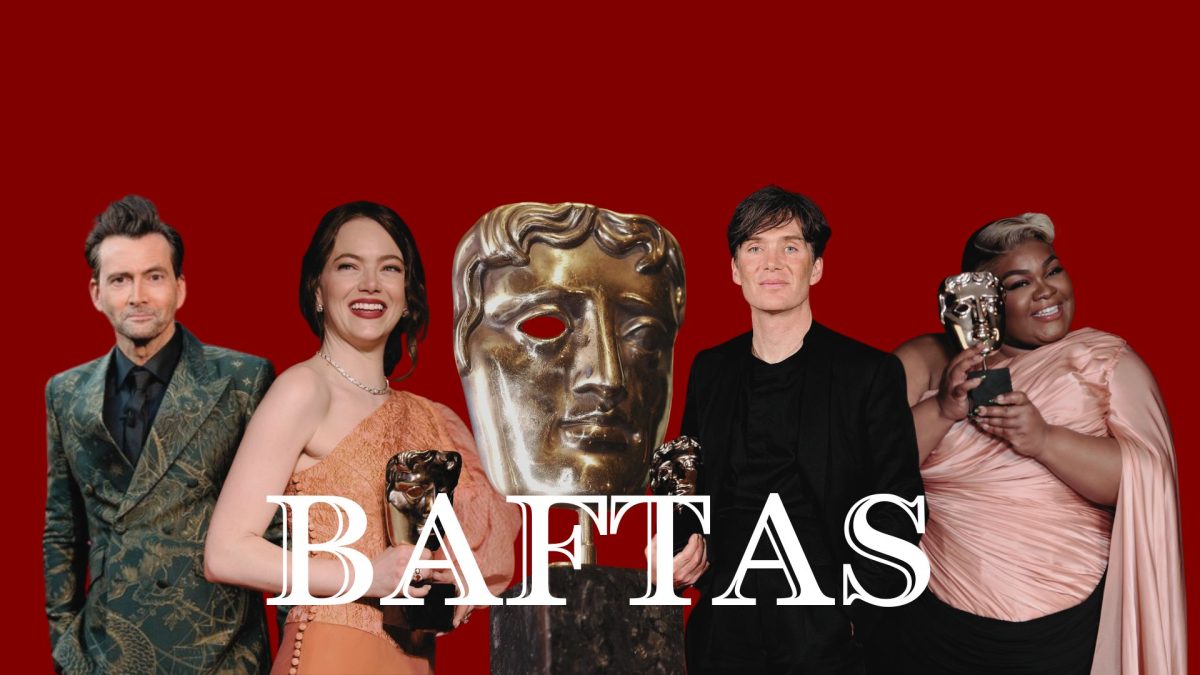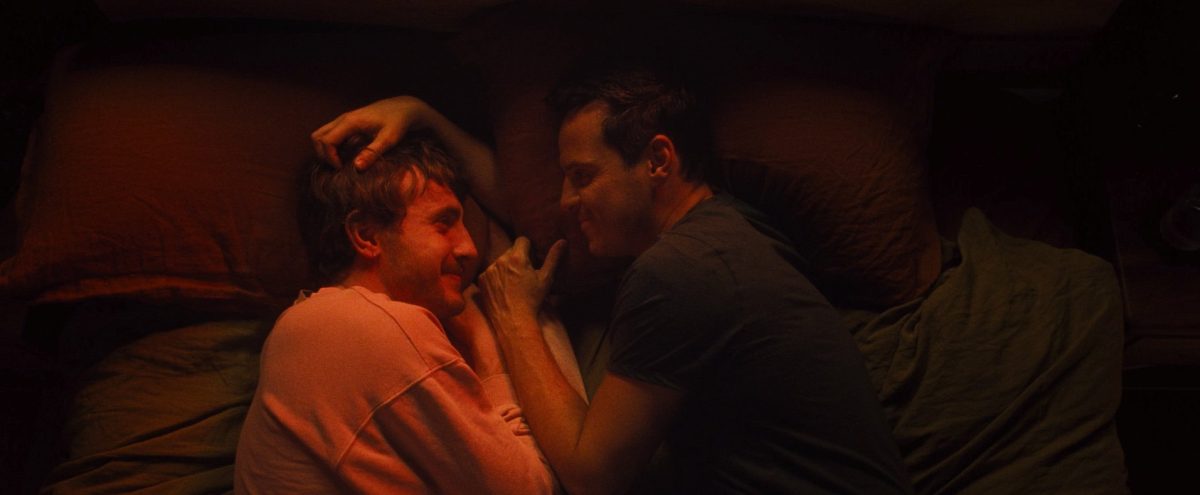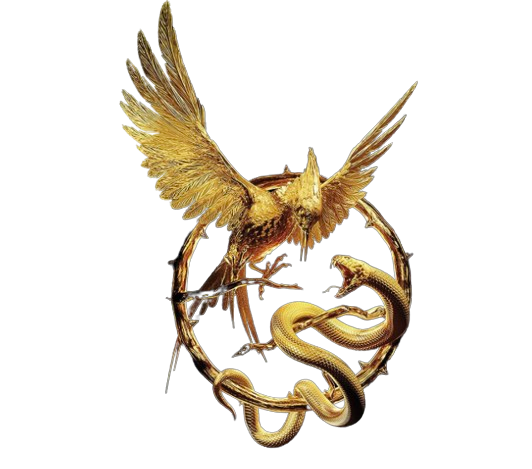Article By: Alex Sessa
Experimental film is an area of cinema that defies the typical boundaries, breaks new ground, and never fails to astonish its audiences. It can shock, outrage, and even disturb viewers, but ultimately, experimental film has a powerful message that everyone should learn. 21-year-old Mass. Art Senior Frankie Symonds had the opportunity to demonstrate his talent in this area with a showing of his films. In Symonds’ new film exhibition, Nothing Is (Is Nothing) Sacred, he demonstrates tremendous courage in pushing the boundaries of cinema and where film can take people.
The first film of the night, entitled “Emotional Rescue,” captured the audience’s attention right from the start, showing a wide array of random objects. This food-for-thought pulled everyone further into the films. The montage progressed with other films, such as, Grunge and Shit II. Symonds proved himself to be a tremendous risk-taker by intentionally making his films extremely explicit, but also comical. While a small handful of audience members took offense to the humor, the majority of audience members laughed and enjoyed themselves. The films included themes like abuse, sexuality, and lewd behavior, but put into thought-provoking framework. Symonds masterfully took complex life-situations and put them into a simple, satirical context.
The level of intelligence in the films proved high, as the audience’s attention was never lost. After the hour-long showing, the audience applauded Mr. Symonds’s impressive accomplishment. The films distributed were not necessarily made with the intent to entertain, but rather to inspire the mind. It was a series of films in which the audience had to show up prepared to think.
Symonds explained he always wanted to be a writer, but did not really enjoy the writing process. After writing a novel at 15, he did not feel right about the experience. Instead, he decided to vent his creative genius by making movies with his friends. “Once I was old enough to make money, I got my own stuff,” said Symonds, explaining how he began this creative process. He spoke of how he was inspired to pursue filmmaking by David Lynch, a man who “approached film in a different way,” as Symonds described, adding, “I’m not very into the whole writing thing. I’m not interested in being a Hollywood filmmaker.” He went on to explain that his area of interest in the filmmaking does not include writing, for experimental films are a “collage of multiple perceptions.”
“These films I made are not about perception, I write about my concerns,” Symonds stated. Symonds explained he feels Western society is based not on individual expression, but rather pleasing one another. Consequently, Symonds said he often feels “isolated from the general consensus.” He went on to explain that this feeling of isolation often resonates in his work and the work of other filmmakers.
The various collages of public figures and satirical stories all showed a side of society that is artificial and materialistic, which, oftentimes, can only be made apparent by a brilliant person. The audience members at the screening all agreed that Symonds was able to accomplish this.
Symonds’s films have proven to be masterpieces of the experimental film genre.







